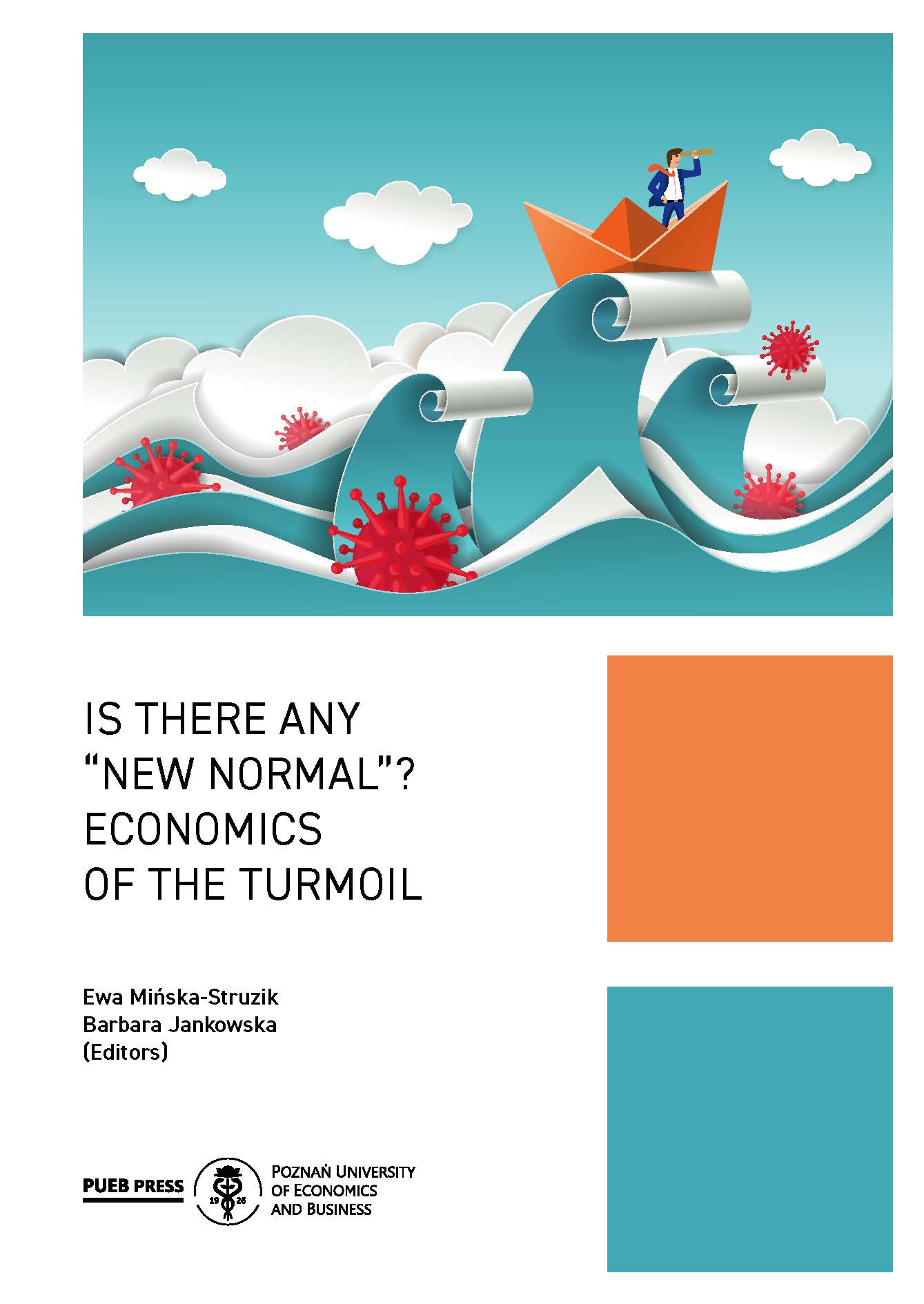The COVID-19 pandemic in the disaster and economic discourses
The COVID-19 pandemic in the disaster and economic discourses
Author(s): Galit Palzur
Subject(s): Economy
Published by: Wydawnictwo Uniwersytetu Ekonomicznego w Poznaniu
Keywords: disasters;resilience;bouncing back;economic hysteresis;economic scarring;
Summary/Abstract: Purpose: The chapter aims to compare how the disciplines of economics and disaster researchuse terminology related to the long-term impacts of disasters and crises and particularly to discuss the overlaps in the use of the concepts “economic scarring” and hysteresis from the economics literature with the concepts of resilience, “bouncing back” or “bouncing forward” from the disaster discourse. Design/methodology/approach: By using a comparative literature review, the chapter compares the terms used in the economic literature with those used in the disaster literature and applies these concepts to the context of the COVID-19 pandemic, considering it a global disaster with significant economic implications. Findings: While earlier literature showed similarities in the use of the terms hysteresis, scarring,resilience, and bouncing back, a comparison of COVID-19 studies reveals divergences in operational definitions. The economic discourse still uses single indicators like GDP, output or unemployment to measure economic scarring and hysteresis, while the disaster discourse utilises more often multi-indicator operational definitions or indices, which demonstrate the multi-dimensional characteristics of the concept of resilience. Originality and value: This chapter seeks to identify potential differences in how two disciplines approach the study of disasters, crises, or shocks and aims to foster interdisciplinary dialogue and understanding. The chapter provides a resource for scholars in disaster and crisis research, helping to frame the concepts and relevant literature into groupings and assists a better selection of concepts for research in the field.
Book: Is there any ‘new normal’? Economics of the turmoil
- Page Range: 13-38
- Page Count: 26
- Publication Year: 2024
- Language: English
- Content File-PDF

